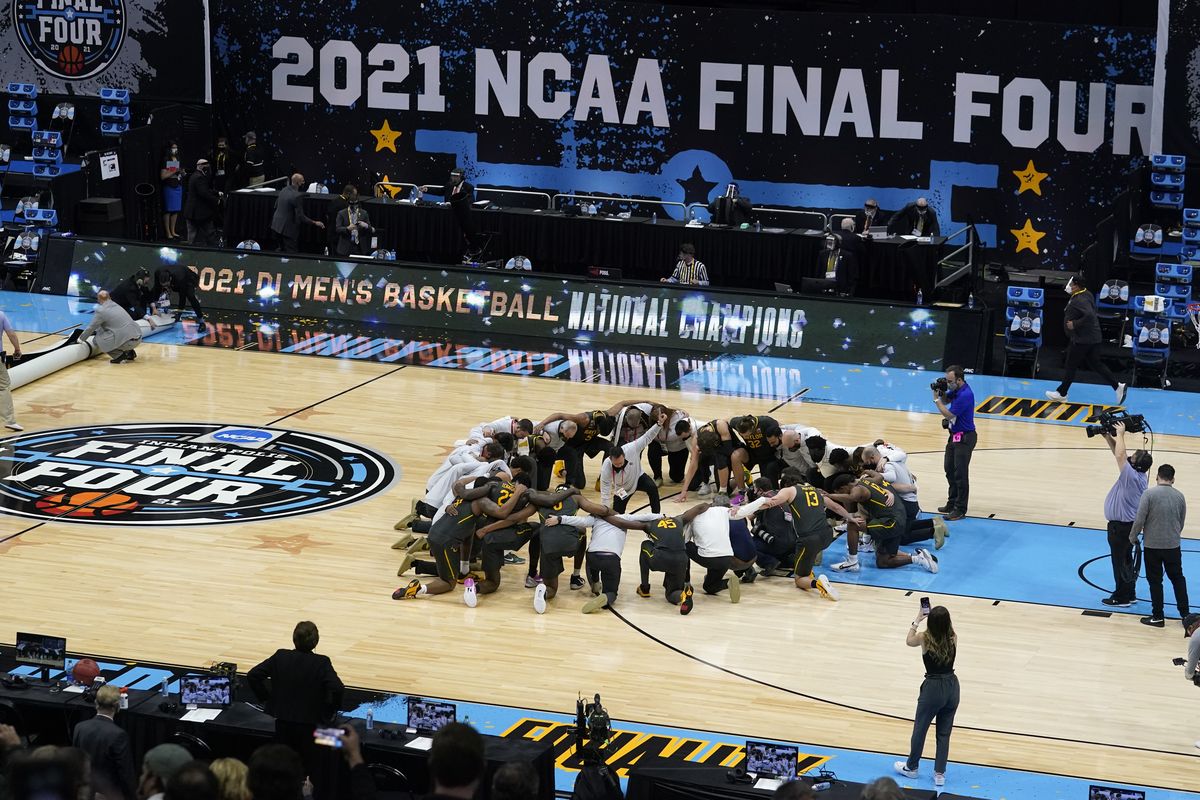NCAA gender equity review recommends combined Final Four

A law firm hired to investigate gender equity concerns at NCAA championship events released a blistering report Tuesday that recommended holding the men’s and women’s Final Fours at the same site and offering financial incentives to schools to improve their women’s basketball programs.
The review by Kaplan Hecker & Fink LLP had been highly anticipated. The firm was hired in March after the NCAA failed to provide equal amenities to the teams in the men’s and women’s Division I basketball tournaments, a situation that blew up on social media amid player complaints and prompted apologies from NCAA executives including President Mark Emmert.
“With respect to women’s basketball, the NCAA has not lived up to its stated commitment to ‘diversity, inclusion and gender equity among its student-athletes, coaches and administrators,’” the 113-page report concludes.
The report noted disparities were not confined to just this year’s tournaments and noted that the bedrock financial deal for the NCAA and its member schools is partly to blame: Kaplan said NCAA’s structure and systems “are designed to maximize the value of and support to the Division I Men’s Basketball Championship as the primary source of funding for the NCAA and its membership.”
NCAA revenues surpassed $1 billion in the year before the pandemic and most of that was tied the media rights deal with CBS and Turner for the men’s basketball tournament.
The NCAA has struggled on the topic of equity for the two marquee tournaments for years and suggestions have been made before to make improvements. But what happened this year forced the issue to the fore all over again.
Among other things, female players, coaches and staff criticized the NCAA for not initially providing a full weight training area for the women’s teams in San Antonio, noting the men’s teams did not have the same problem in and around Indianapolis. Both tournaments were held in single sites because of the pandemic.
The Kaplan found the problems with the weight room and other disparities between the two events, such as COVID-19 testing protocols, meals, signage and outdoor recreation, stemmed mainly from a lack of staffing of the women’s tournament and coordination between organizers of the two events.
“The women’s basketball staff member responsible for credentials, game operations and approximately 30 other tasks had approximately eight men’s basketball counterparts with whom she was in theory supposed to coordinate,” the report said.
Emmert and others apologized and ordered the investigation. Other complaints surfaced at the women’s volleyball tournament in Omaha, Nebraska, and the Women’s College World Series in Oklahoma City.
The review called for annual assessments by the NCAA for the next five years to track progress on gender equity.